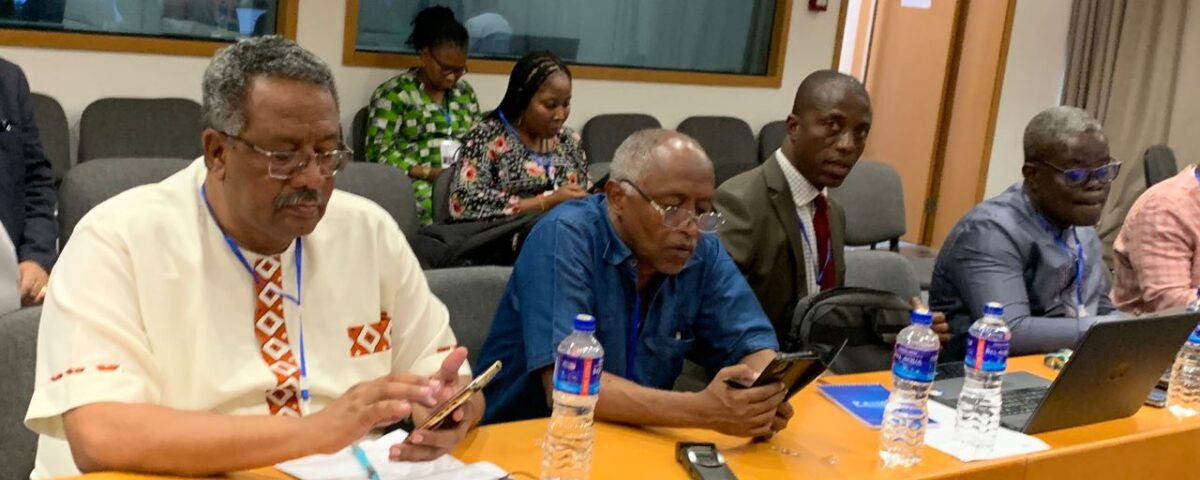The panel discussion, moderated by Ruth Ogbewekon, Focal Point for the Pan African Lawyers Union (PALU), focused on the critical role of lawyers in defending human rights and representing Human Rights Defenders (HRDs) in court. The conversation highlighted the challenges faced by HRDs and lawyers across Africa, particularly regarding state repression and the criminalization of their work.
Ngugi Kamju, Chairperson of the East Africa Human Rights Defenders Network, emphasized the importance of lawyers in litigation to address human rights issues. He pointed out how states often weaponize the criminal justice system against HRDs. Since 2015, Tanzanian lawyers have encountered significant challenges due to an Advocate’s Act that restricts their activities. Kamju cited examples from Kenya, where HRDs faced repression following the Gen Z protests, and mentioned a tragic incident in Eswatini where a lawyer was shot while defending HRDs. He expressed concern over forced exile, detention, and extrajudicial killings faced by HRDs and stressed the need to recognize and build on past gains.
Tito Magoti, a Human Rights Lawyer from Tanzania, discussed government crackdowns on HRDs and lawyers. He shared experiences of challenging repressive laws in the Supreme Court, with three cases currently pending in Tanzania. Magoti highlighted the importance of training for lawyers and HRDs and utilizing UN and African Commission special procedures to hold states accountable for rights violations. He recounted the case of the President of the Tanzanian Bar Association, who was arrested under terrorism laws but was eventually released through strategic advocacy.
Salieu Taal, Past President of the Gambian Bar Association, reminded participants that defending human rights is a public interest duty for all lawyers. He noted that while lawyers should operate independently, many African governments undermine this independence by imposing restrictions. Taal reflected on his tenure as President during a critical time in Gambia’s history when he led efforts against Yahya Jammeh’s refusal to step down after losing the 2016 elections. He underscored the need for Bar Associations to uphold integrity even at financial costs and highlighted their role in Gambia’s transitional justice process.
Participant Interventions
A lawyer from Kenya inquired about available manuals for HRDs, suggesting that similar resources could benefit other countries. A Ugandan lawyer raised concerns about political interference in the judiciary and sought strategies to protect judicial independence amidst such influences.
A Nigerian lawyer discussed challenges faced when defending governments and asked how lawyers could unite to “speak in one voice.” Another Nigerian participant emphasized the importance of strategic litigation and questioned how the African Commission could better support socially important cases.
A participant from Cameroon shared experiences of police violence against lawyers during strikes, seeking advice on maintaining solidarity during such crises. An Ethiopian participant expressed concern over detentions and freedom of expression issues, specifically regarding women HRDs facing heightened challenges.
A South African participant questioned how strategic litigation could be more effective in advocating for transitional justice through courts. Another participant called for greater continental solidarity among African lawyers to strengthen collective efforts.
A Zimbabwean lawyer noted government support for forming a parallel organization to counter the Bar Association, emphasizing the need for solidarity to uphold legal independence. Another Zimbabwean participant raised concerns about youth engagement in human rights advocacy due to a lack of understanding of the African Charter, suggesting localization into local languages to foster involvement.


